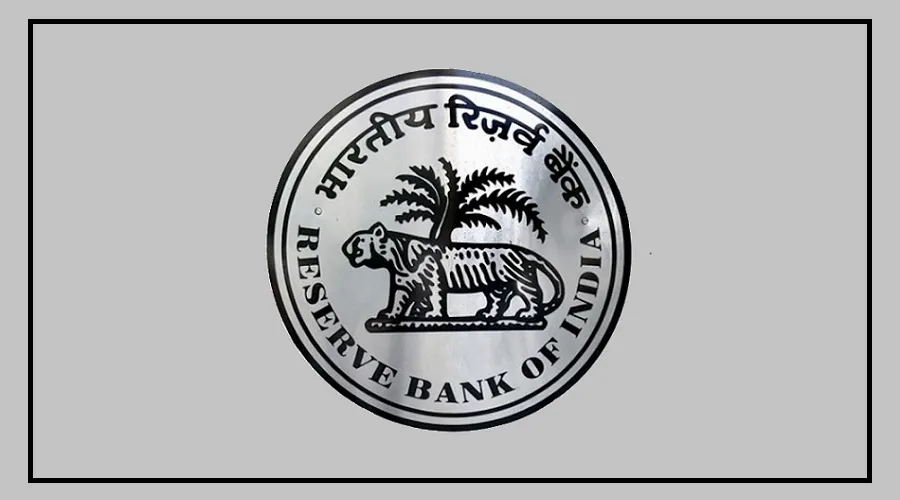In today’s era, almost everyone possesses a bank account, and some even maintain multiple accounts.
If you happen to be among those with more than one bank account, this news is essential for you.
The Reserve Bank of India (RBI) has recently issued a vital alert and implemented a new rule regarding bank account ownership.
Let’s delve into the details of how many bank accounts a person can have.
Variety of Bank Accounts Available
Banks offer customers the flexibility to open various types of accounts based on their requirements.
You can opt for a salary account, current account, savings account, or a joint account as per your convenience.
The majority of customers choose to open a savings account, which not only provides a safe place for their money but also offers interest on the deposited amount.
Savings and Current Account Distinctions
Additionally, if we discuss the current account, it is primarily suitable for business owners or individuals engaged in high-volume transactions.
The current account allows for seamless financial operations, while the salary account is a zero-balance account designed for monthly salary deposits, eliminating the need for maintaining a specific balance.
No Limits on Bank Account Ownership
Moving on to joint accounts, this option enables you to open an account with a partner, facilitating shared financial responsibilities.
Importantly, in India, there are no restrictions on the number of bank accounts an individual can possess.
People can open different account types based on their specific needs.
RBI has not imposed any limits on the number of accounts a customer can hold, be it 2, 4, 5, or any such figure.
It’s worth noting that this liberal policy allows bank customers the freedom to manage their finances conveniently, without any predetermined limitations on account ownership.

























